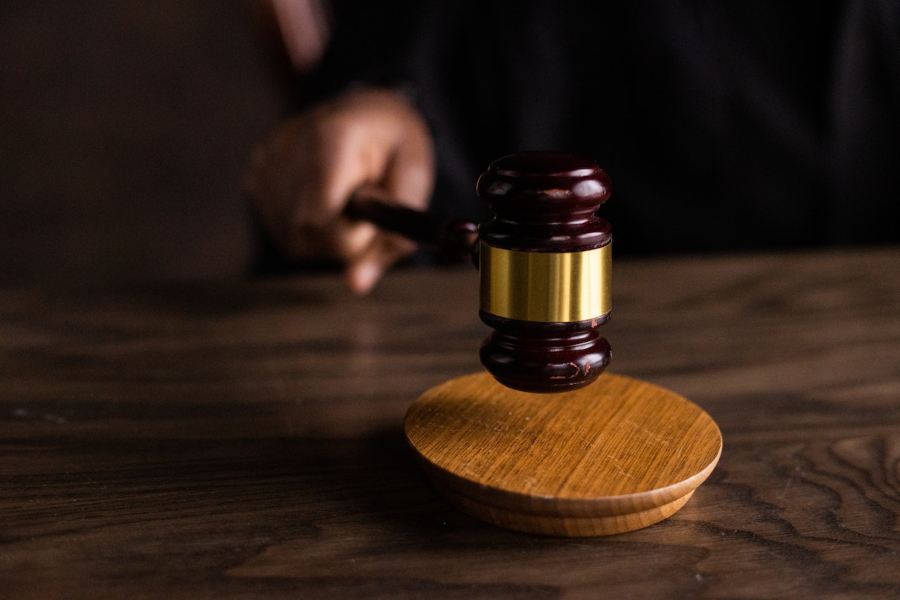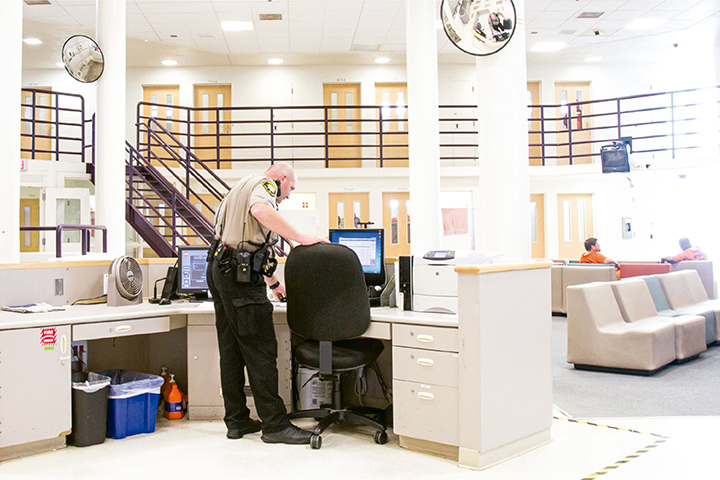One-third of the world’s prison population is in custody awaiting trial.
This number keeps rising worldwide, leading to overcrowding situations that, together with other factors, generate routines in which prisoners are locked in their cells for extended periods, mostly inactive, with no privacy or dignity, in unhealthy, degrading and often inhumane detention conditions.
Pretrial detention is needed when strictly required, as stipulated in the law. The social and economic negative consequences of lengthy pretrial detention periods for detainees, their families and the correctional systems are manifold and will be mentioned throughout this edition.
The respect for fundamental rights and the key principles of pretrial detention, such as the principle of presumption of innocence, right to a fair trial, legality, proportionality, adequacy, and the principle of ultima ratio in the application of pretrial detention, while focusing the authority’s attention on the use of alternatives and related control measures is imperative.
Often fuelled by a punitive social climate, there are frequent calls to increase incarceration and build more prisons.
Even if urgently needed in some countries to replace sometimes very old, outdated, and degraded prison infrastructure, building more prisons can be an unreasonable solution.
Additional prison spaces are undoubtedly an unsustainable option in the medium and long term, with a low economic return. Moreover, such efforts may divert investments that could otherwise generate greater wealth and well-being for the community.
The COVID-19 pandemic led to a significant decrease in pretrial detention figures in many countries. While it could be assumed that the reductions were due solely to declining crime rates, reports indicate that the authorities were more open to avoiding pretrial detention or speeding up releases than standard practice.
Alternative measures to imprisonment applied during detention or custody hearings, as a result of the first interrogation of the accused, as an alternative to pretrial detention, or at trial, as an alternative to prison time are essential.
Collecting, analysing, and communicating data and information on the use of alternatives by criminal justice systems is critical for society to understand the cost and effectiveness of these measures.
In this edition of the JUSTICE TRENDS Magazine, we interviewed magistrates, correctional leaders, and non-governmental organisations representatives to understand their work in modernising justice systems and their views on reducing pretrial detention. We will also present noteworthy cases from different continents on how jurisdictions reduce pretrial detention.
I wish you good and inspiring readings.
Pedro das Neves
CEO IPS_Innovative Prison Systems
Director of the JUSTICE TRENDS Magazine
pedro.neves@prisonsystems.eu



